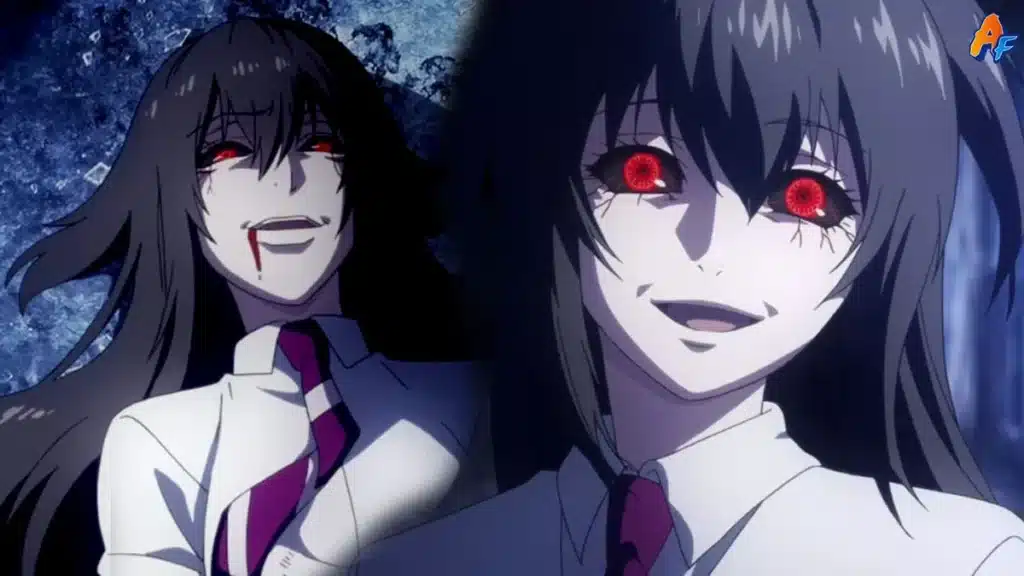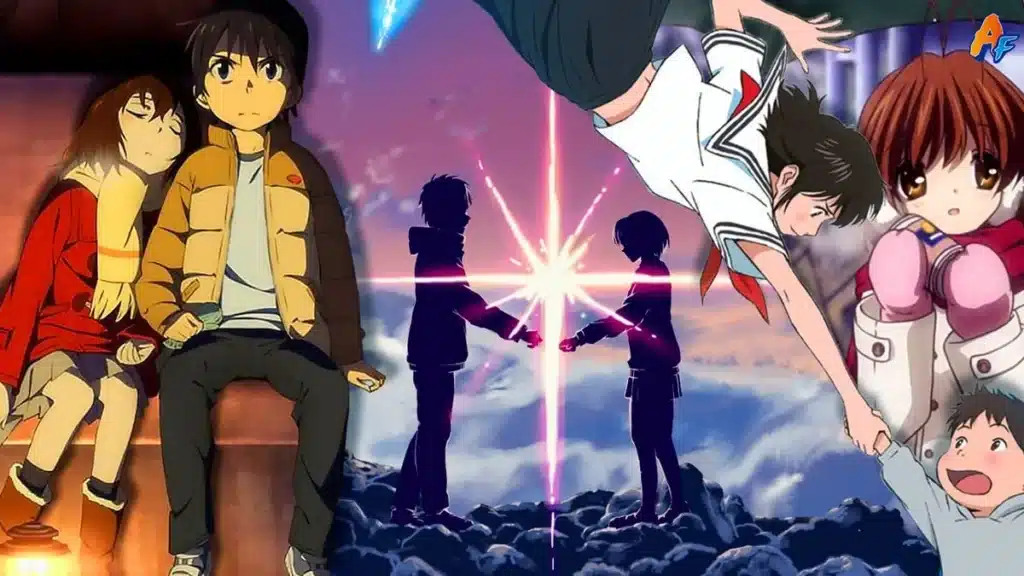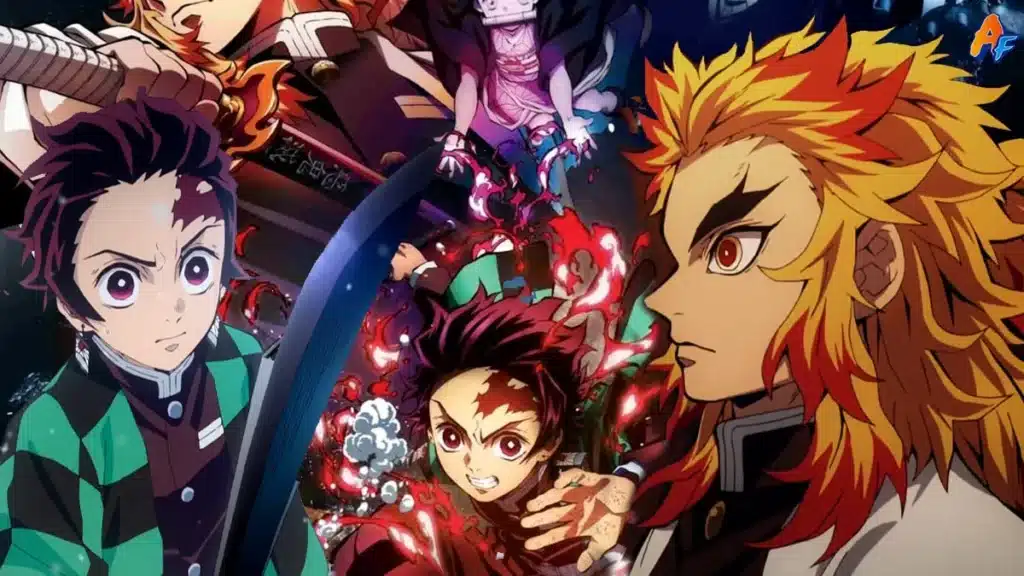Pluto, a fresh anime on Netflix, dives into the fascinating world of artificial intelligence. Its roots go back to the iconic Astro Boy manga by Osamu Tezuka, which has been a fan favorite for over 60 years. Naoki Urasawa, inspired by Tezuka and known for his work on Monster, took on the challenge of reimagining Astro Boy’s story as a gripping murder mystery. It resulted in the creation of Pluto.
This approach is akin to taking a beloved character like Spiderman and placing him in a serious, politically riddled style series on HBO. This is a bold move that may be hard to fully grasp. However, from 2003 to 2009, the Pluto manga successfully unfolded this ambitious transformation, revealing the story month by month.
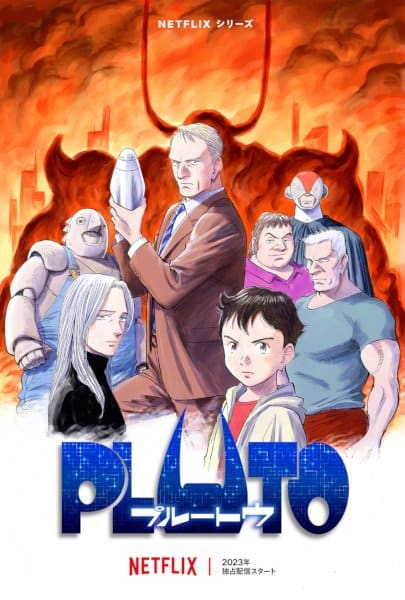
The Netflix anime adaptation pays homage to Urasawa and Nagasaki’s original work. It presents a careful and faithful adaptation of the eight-volume manga series. Although it took six years to make and faced uncertainties along the way, the series stands as a testament to the dedication invested in ensuring a proper and thoughtful adaptation.
Pluto Anime’s Plot
Pluto is a captivating story with roots in Naoki Urasawa’s manga genius. He is known for works like Monster and 20th Century Boys. It’s a bit of a storytelling inception because it began with Osamu Tezuka’s Astro Boy series, only to be reshaped into its manga adaptation from 2003 to 2009 by Urasawa.
Co-authored by Urasawa and Takashi Nagasaki, the manga adaptation is praised for its stunning art and original story. It borrows essential elements from Tezuka’s Astro Boy and reviving the beloved robot character in a futuristic setting.
The original Pluto anime series unfolds in a world where humans and robots coexist, yet humans hold the upper hand. Robots, despite excelling in various roles, find themselves treated as second-class citizens. Despite legal strides in robot rights, they face ongoing exploitation. The situation reveals the odd relationship between humans and artificial intelligence. It’s a dependency coupled with a hint of perceived threats.
At the story’s core is Gesicht, a German robot detective voiced by Shinshū Fuji/Jason Vande Brake. Tasked with figuring out a series of mysterious killings targeting robots and humans, Gesicht and his fellow advanced robots become targets themselves. The also complexity deepens as the serial murders defy easy detection, hinting at the involvement of an exceptionally advanced robot. This challenges the widespread notion that robots, bound by programming, cannot harm humans. Additionally, the victims sport makeshift devil horns inserted into their lifeless bodies. This further intensifies the mysterious and somewhat haunting nature of the mystery.
Review
Overview
Pluto stands out in the realm of artificial intelligence stories by challenging the usual notion that robots lack certain human qualities. In this narrative, robots can genuinely experience positive human emotions like excitement and hope, and they go as far as participating in marriages. The key distinction between artificial and organic life lies in their flaws. While humans, driven by intense emotions, might commit acts of violence, robots are expected to operate with calculated and rational precision.
Although Pluto anime touches on familiar science fiction themes, its uniqueness lies in its careful character development and the depth of its smaller narratives. The show takes its time to craft each character, allowing the audience to form a deep connection and emotional investment in their story arcs. The intentional pacing also encourages viewers to contemplate significant questions surrounding the evolution of consciousness and the profound impact of emotions.
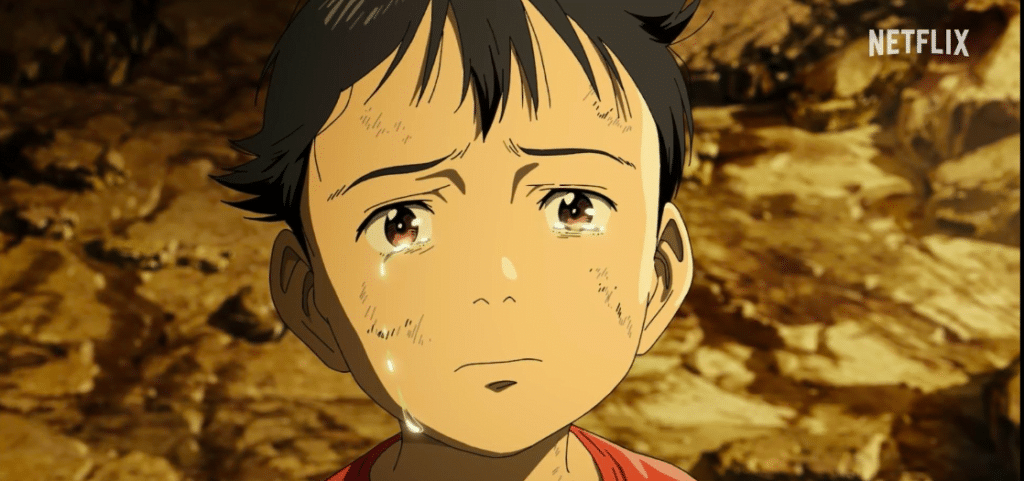
Throughout Pluto, a widespread gloomy tone sets the background. Despite this somber atmosphere, the series manages to put moments of romance and emotion. It also explores themes of love, friendship, and compassion without falling prey to excessive sentimentality.
Emotions
The Pluto anime delves into a profound theme, challenging the notion that life is solely defined by biological elements. It suggests that even robots, initially lacking complex emotions, attain sentience through their daily interactions with fellow robots and humans.
One notable character, North No.2 (voiced by Koichi Yamadera/Patrick Seitz), designed for combat, develops a music appreciation. At the same time, he grows weary of endless warfare. The narrative explores the delicate interaction of emotions, highlighting their dual nature. A nature that is both beautiful and dangerous, particularly the destructive force of wrath.
In this futuristic world marked by technological advancements, war persists, pushing the heavy question. “Will war ever cease?”
This inquiry serves as a reflection of ongoing conflicts in the real world, suggesting that the end of the war might be unlikely as long as hatred endures. The anime invites consideration on the lasting challenges of our shared humanity.
Pluto Anime’s Storytelling
Pluto kicks off with an impressive 70-minute episode, displaying a unique blend of individuality and influences. As an adaptation of a manga that draws inspiration from another manga, the show carries a rich cultural history. This allows it to reshape familiar themes for both seasoned fans and newcomers.
One interesting aspect is Gesicht, the German detective diving into robot and human deaths. Initially appearing as a standard lone-wolf investigator, Gesicht takes on a different dimension when it’s revealed early on that he’s a humanoid robot. This adds complexity to his character and breaks away from the typical detective mold. The futuristic world of Pluto introduces a variety of robots, each with unique features. Gesicht, with his ability to transform a limb into a weapon, also stands out as a fascinating example.
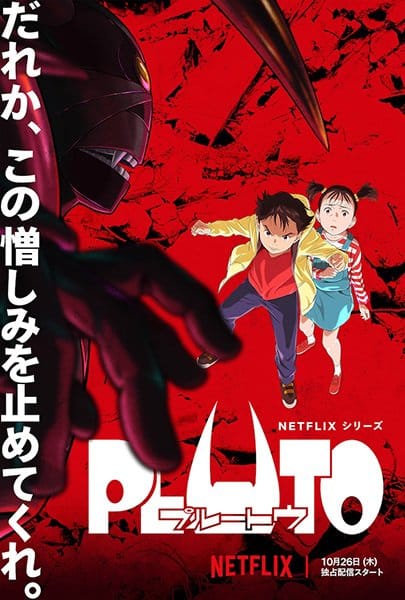
Pluto manages to present its lore in a captivating way. It does this by avoiding the common pitfall of overwhelming viewers with too much information. For instance, Mont Blanc, a robot war hero whose demise triggers the series, becomes a strangely interesting character despite being seen only through news footage.
Notably, the first episode defies expectations by making the most interesting characters robots. This challenges the conventional belief that a human main character is essential for a compelling story. While some may perceive Pluto as imitative or overly serious in the sci-fi genre, anime fans are likely to appreciate it. It’s revolutionary for its original designs, fluid animation, and overall creative approach. The show successfully blends influences, offering a fresh perspective on familiar themes.
Geistch and Atom
Gesicht, the sharp robot detective, contrasts interestingly with Atom, a smaller robot showing more human traits. Despite Gesicht’s mature appearance and Atom’s childlike appearance, they both challenge expectations as advanced machines. These traits highlight the potential for adults to learn from children.
The Pluto anime boldly delves into the question of legal recognition for robots, showing them as full-fledged citizens. The series confronts societal bias against robots, showing them as extreme cases and also emphasizing the blurred human-robot distinction.
A central narrative unfolds around the 39th Central Asia War, serving as a metaphor for real-world conflicts. Characters like Gesicht grapple with guilt coming from wartime actions. This contrasts sharply with the usual notion of robots as heartless entities.
Pluto doesn’t shy away from impactful scenes, comparing robots’ past horrors with their present-day lives. For instance, the transformation of North No. 2 from a cruel robot veteran to a gentle butler creates a noticeable visual and emotional contrast.
Continue Reading on with our list of Mecha Anime!
While Pluto begins as a mystery, it splits from conventional tropes. The intentional hiding of the killer’s identity builds suspense. However, the resulting reveal feels more like an extension of character than a true mystery unraveling. This approach might leave viewers wanting a traditional resolution somewhat disappointed.
Peace
Regrettably, the desire for peace between humans and robots remains more theoretical than practical. On the human side, extremist groups commit violence against robots and spread anti-robot propaganda through the media. Also, the robot perspective doesn’t present a rosier picture. Pro-robot laws emerged only after the 39th Central Asian War. This was a disastrous conflict where revered heroes wrongfully destroyed numerous robots based on a false rumor about weapons in Persia.
Each episode of Pluto anime delves into the complex emotions of different advanced machines. They all wrestle with remorse for their role in the war and try to atone for their war crimes. However, their paths to redemption diverge widely. Some, like Hercules and Brando, hand over their substantial metal frames into sports entertainment, engaging in spar battles in arenas.
Inevitably, every mechanical marvel confronts Pluto—a formidable, evil force personified as an unstoppable rage.
Urasawa, in line with his thematic explorations in other works, delves into a reappearing question. What motivates someone to commit evil? Is it inborn nature, upbringing, or something entirely different? This suggestion weaves through the fabric of Pluto anime, offering layers of complexity to the narrative.
Pluto Anime’s Take away
Pluto stands out as an exceptional drama, delving into the aftermath of war and the details of humanity.
At its core, the show poses a profound question. Can we design robots with human-like qualities without transferring our hate into their programming? Pluto brilliantly transforms Astro Boy into a moving cautionary tale, spotlighting the relentless cycle of violence. It examines how society justifies brutal acts against both organic and robotic civilians. This justification is done by dehumanizing them, branding them as pests deserving of scorn and discrimination, with no path to redemption.
The series moved away from a conventional resolution to the complex issues of fictional or real-world hatred and discrimination in its finale. Instead, it urged us to confront our issues head-on and take responsibility for our creations.
Pluto’s adaptation doesn’t just vie for the title of the best anime of the year. It also also stakes its claim as one of the most captivating new shows on Netflix. For avid Pluto fans, exploring the manga is highly recommended. It harbors surprises distinct from its screen counterpart, providing a nuanced and authentic storytelling experience.
Need more anime news and articles? Bookmark us!
Frequently Asked Questions
What is the duration of each episode in the season?
Each episode spans approximately one hour, mirroring the content of a manga volume, with some modifications.
When was Pluto Anime released?
Pluto debuted on October 26, 2023.
How much does a Netflix subscription cost?
Netflix pricing starts at $7 a month, but following the latest Netflix price hike in October, to get the best video quality without ads you have to pay $23 a month.
